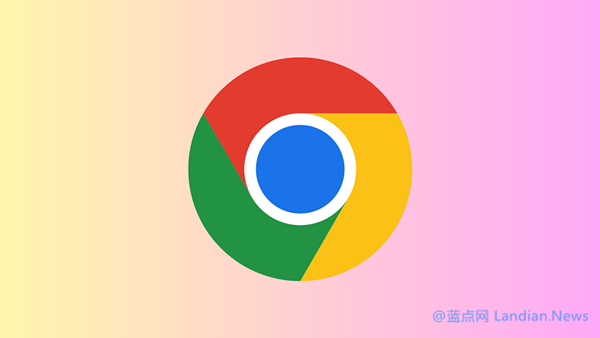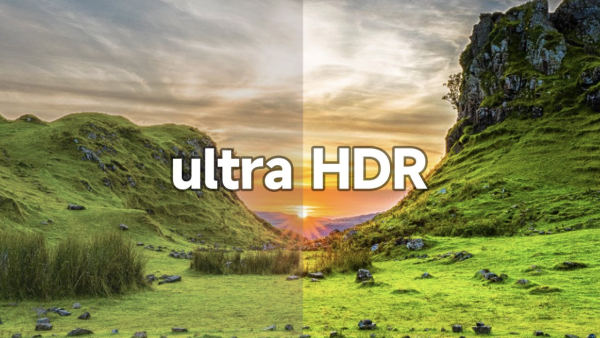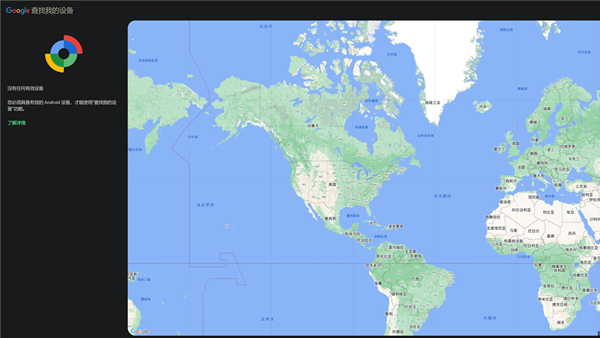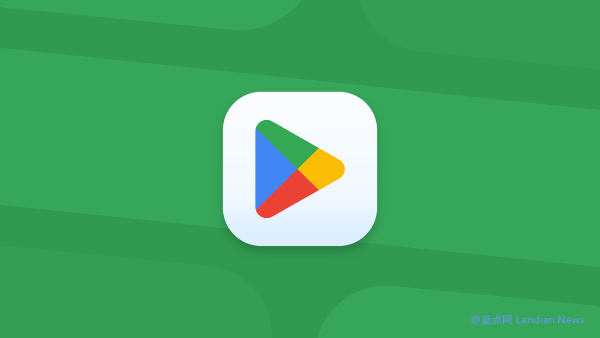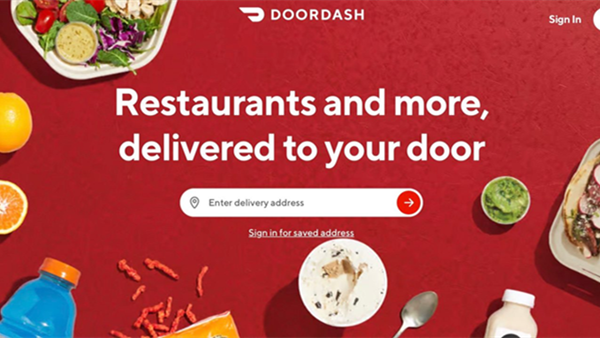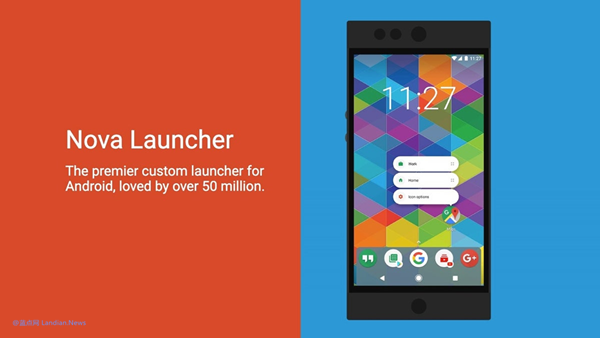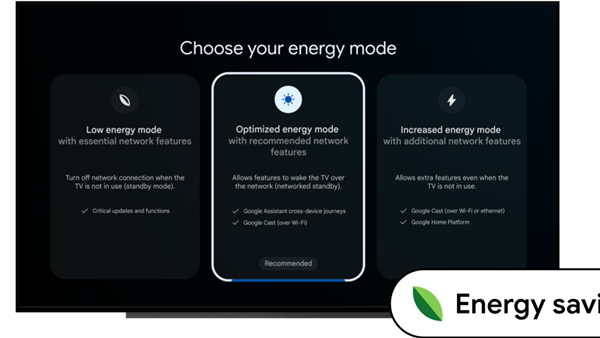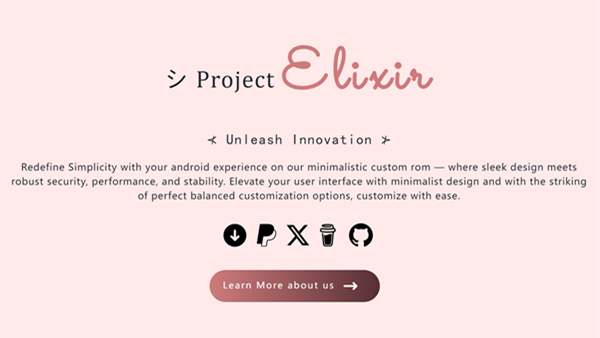Epic Wins: Court Mandates Google to Open Google Play Store and Allow Developers to Use Alternative Payment Systems
Several years ago, renowned game engine developer Epic sued both Apple and Google to challenge the monopoly of their app stores and to open up alternative payment systems. While Epic largely lost its case against Apple—with Apple only opening up to alternative stores in the European market due to the Digital Markets Act—the battle with Google tells a different story.
Epic has won its lawsuit against Google, with a recent ruling from a United States federal court mandating Google to open its Google Play Store to third-party alternatives and allow developers to opt for alternative payment systems.
Opening Google Play to Third-Party Stores:
A significant part of the ruling requires Google to open the Google Play Store, allowing third-party alternative stores to be listed on Google Play for users to download. This is a departure from the current requirement for users to download APKs from third-party websites and side-load them onto Android systems—a process that, due to Android's default settings, can be challenging for non-professional users. This ruling solves these problems by making it easier for users to install third-party stores and use them alongside Google Play.
Allowing Developers to Use Alternative Payment Systems to Avoid Google's 10%-30% Cut:
Another critical aspect of the ruling addresses the issue of app store commissions. Currently, apps and games distributed through Google Play are subject to a 10%-30% commission paid to Google. The court's decision demands that, until November 1, 2027, Google cannot force developers to use Google Play's payment system exclusively as a condition for accessing Google's products/services or for sharing revenue.
Developers can now opt for third-party payment systems to avoid paying commissions to Google. However, the court has left room for Google to charge for reasonable measures taken to ensure the security of apps downloaded from Google Play.
Prohibiting Google from Paying Carriers or OEMs to Pre-install Google Play:
The third significant decision prohibits Google from paying wireless carriers and OEMs to pre-install the Google Play Store. This ruling follows the court's previous determination of Google Play's monopolistic behavior. Google often offers financial incentives to OEMs to pre-install Google Play Store or other Google apps, a practice the court has now banned, recognizing it as an enhancer of Google Play's market share and thus its monopoly power.
Although this is the final ruling, it remains to be seen whether Google will find other means to dispute or attempt to reverse the outcome. These decisions could impact Google Play and the Android ecosystem significantly, potentially affecting Google's revenue. It is unlikely that Google will concede easily.

